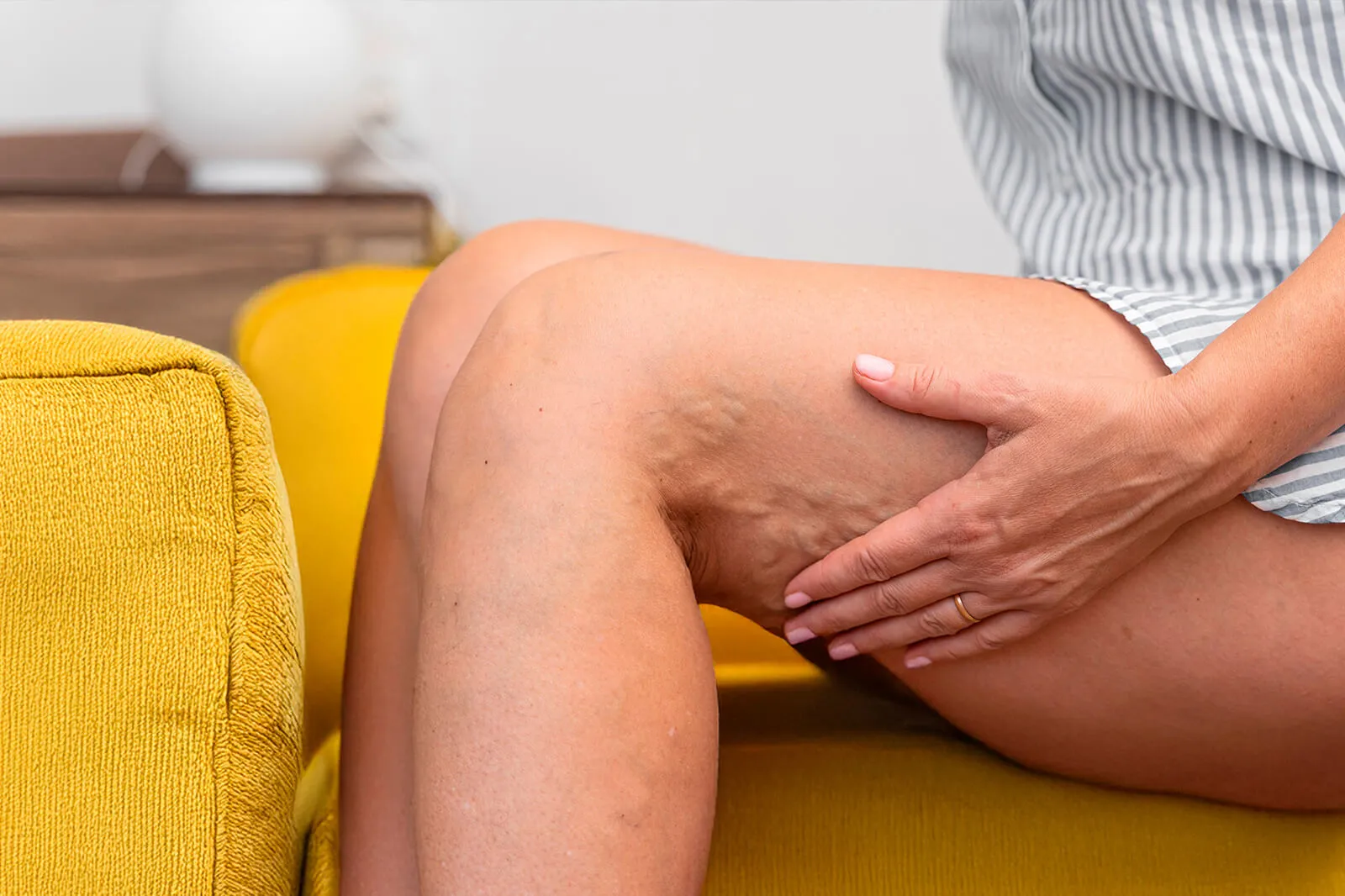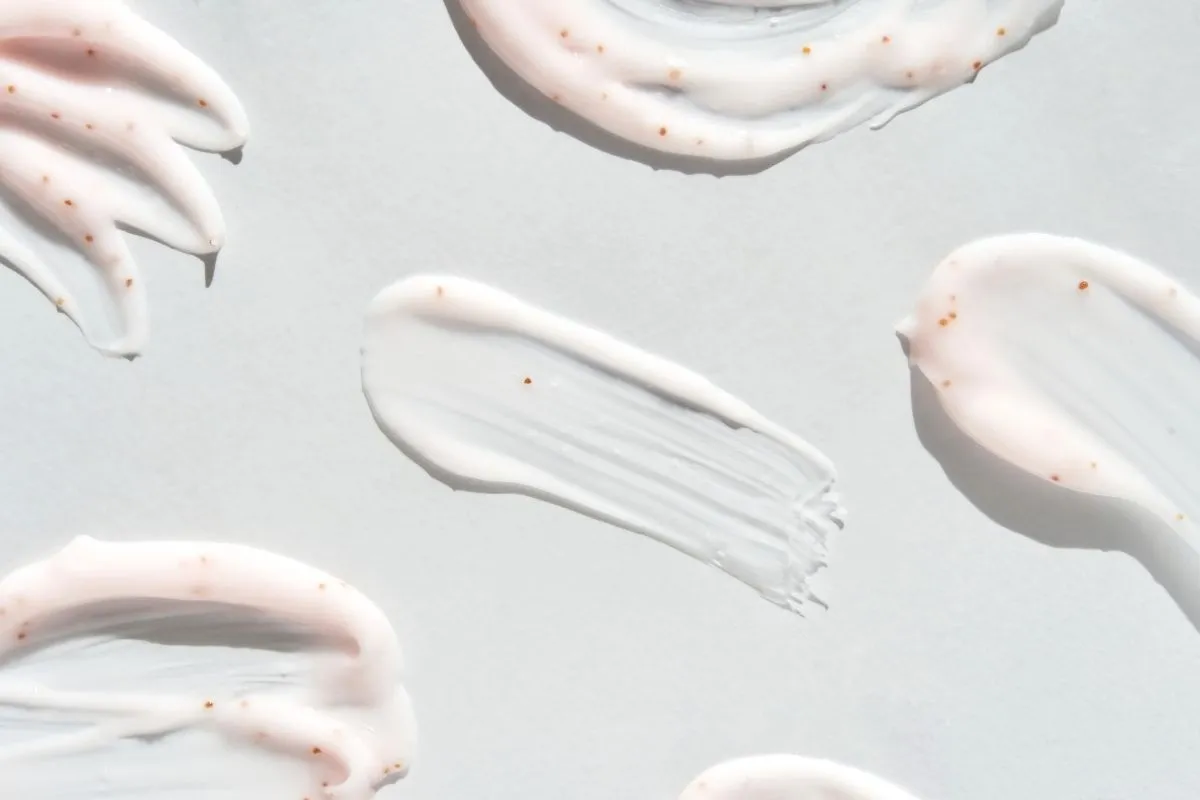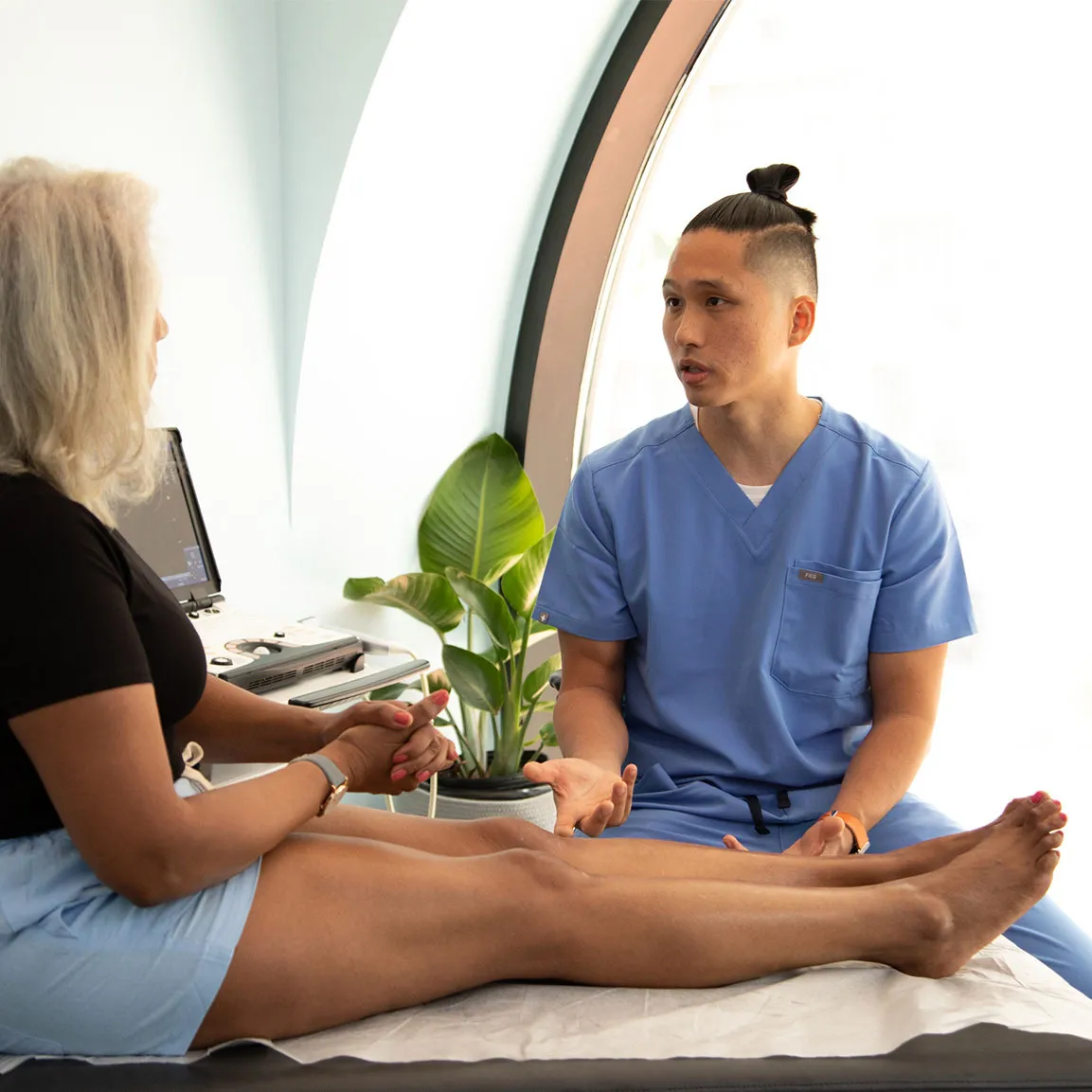
Itching & Tingling
Itching and tingling that occurs in the legs in the absence of bug bites or injury are a very common symptom of chronic venous insufficiency. Many describe the sensation as having ants on or under the skin, or as a persistent itch they cannot scratch. This is not a visible symptom of vein disease, and as such is often written-off as an insignificant or temporary issue. Unfortunately, as with other symptoms of vein disease, the itching and tingling is tied to a greater, progressive health concern beneath the surface of the skin.
What causes itching and tingling?
When poor circulation begins to warp and twist a vein to varicosity, the pressure within the vein can cause leaks to occur. When material from inside the vein begins to leak beyond the vein wall, certain chemicals are released by the body—notably excess iron from deoxygenated venous blood and histamines.
Histamines are released by the body to counteract allergens, foreign substances, and as a response to injury. Histamine causes the body to itch, not unlike a poison ivy reaction or seasonal allergies to pollen. This chemical is released to signal to your body that there is an invader or problem that needs addressing. In the case of chronic venous insufficiency, histamines are being released to warn your body of harmful, leaking veins.
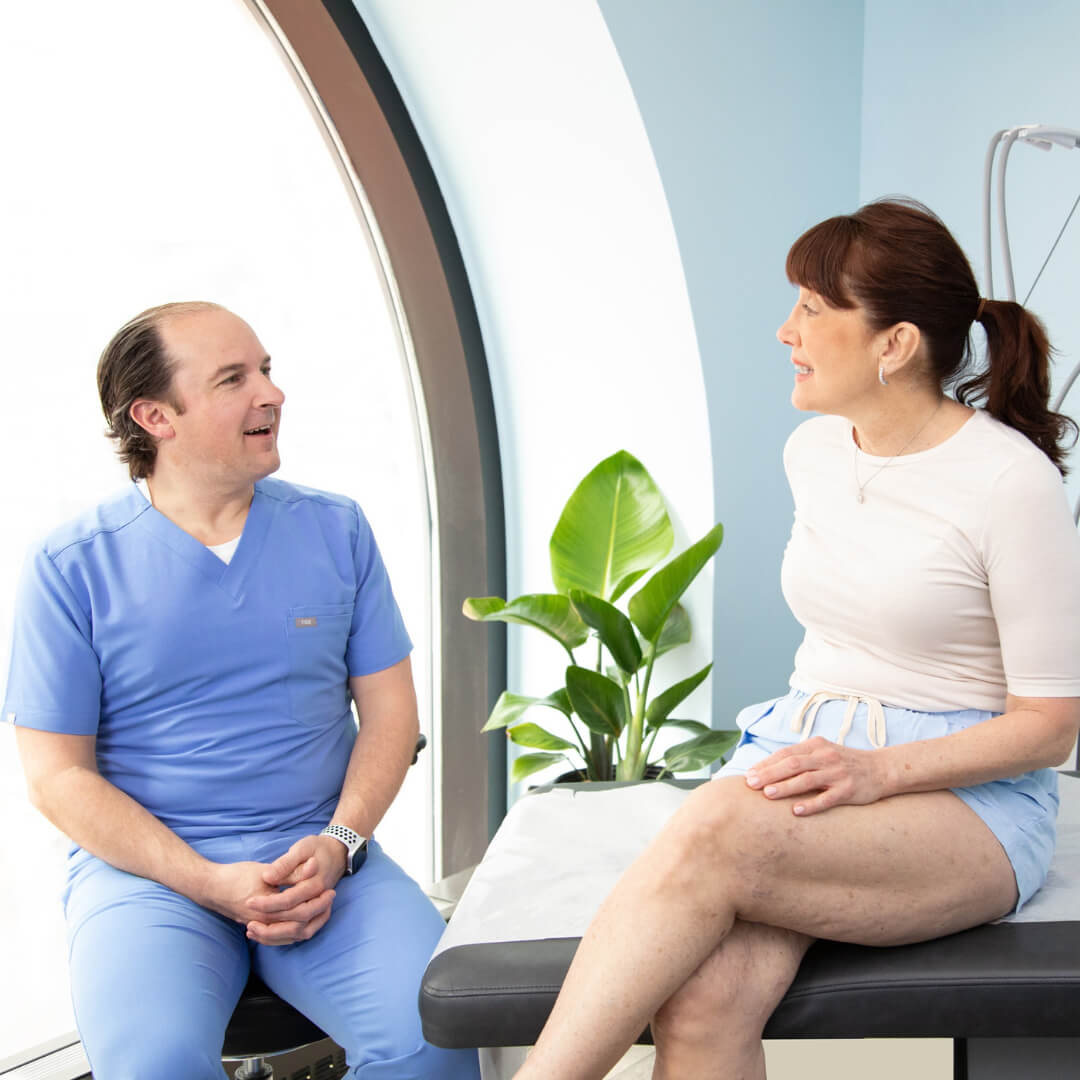
Are itching, tingling veins dangerous?
Because itching occurs when veins are leaking, itching and tingling is considered one of the more severe symptoms of vein disease. When your veins leak blood, they cause a build up of pressure with nowhere to go. The next stage of vein disease, once you begin to experience itching and tingling, may be the formation of venous ulcers. Ulcers formed from complications of vein disease can leak blood (if even minor trauma occurs to the area, bleeding can be significant), pus, and are prone to infection because the wound is open and moist. Venous ulcers are incredibly dangerous: at this late stage of venous insufficiency, your vein doctor may also be worried about deep vein thrombosis (DVT), which requires emergency medical care.
It’s also important to note that venous ulcers will not heal without treatment, and will continue to leak and cause significant discomfort until the source of the vein disease is treated. If you experience itching around your visible varicose veins, or a tingling you can’t place the origin of on swollen, painful legs, it’s time to consult a vein specialist.
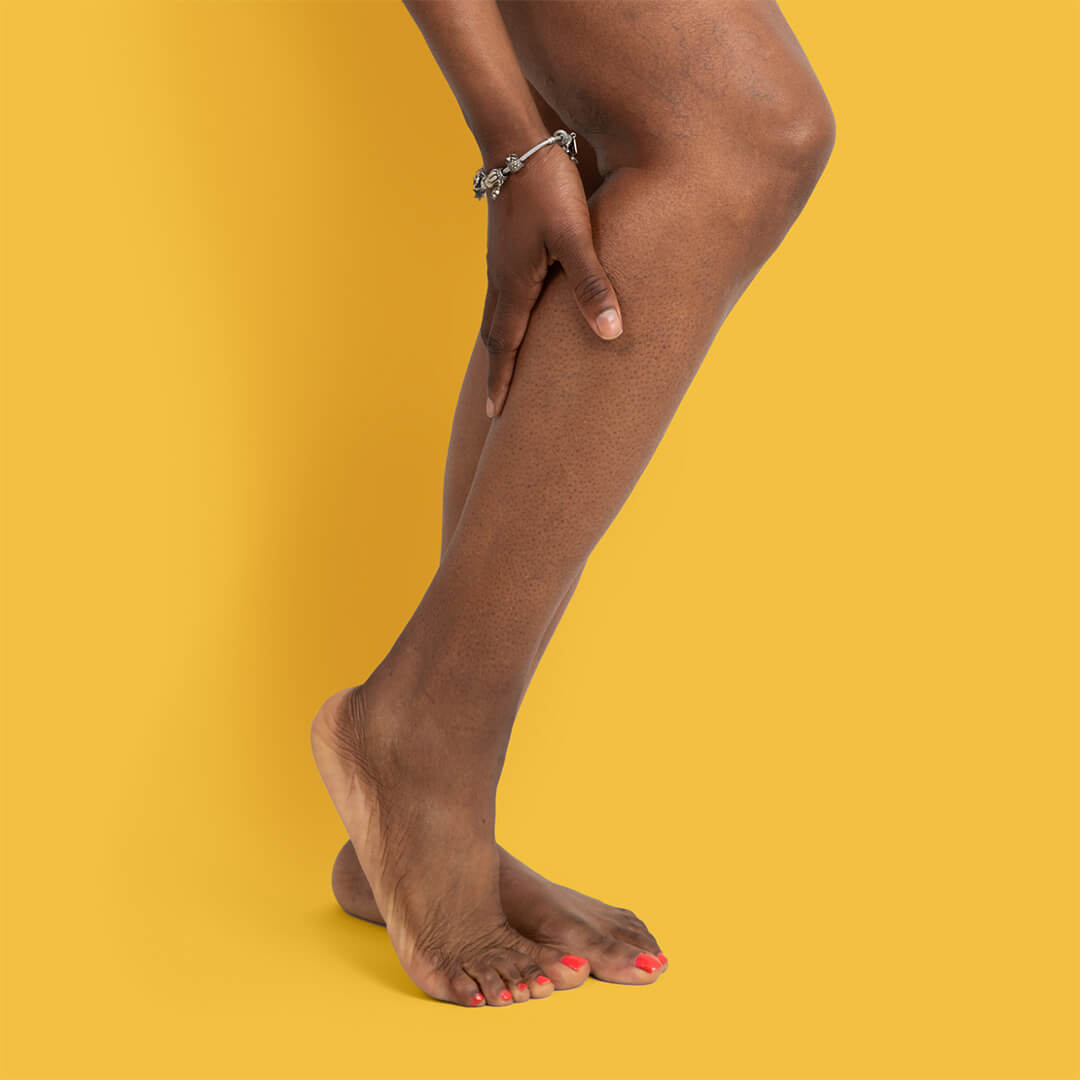
What are the risk factors for itching, tingling legs?
Because the root cause of vein disease may be a genetic or hereditary issue, there may not always be a clear “risk” that leads to varicose vein complications. However, there are some factors that make a person more likely to develop varicose veins and related symptoms like itching and tingling.
Do you ...
- Smoke?
- Have children?
- Know a family member with spider veins?
- Take hormonal birth control?
- Work a job that requires long hours of sitting or standing?
- Lead a sedentary lifestyle?
Are you ...
- A pregnant or postpartum woman?
- Over the age of 30?
- Diagnosed as overweight?
Women are more likely to develop varicose veins than men, as fluctuations or spikes of the estrogen hormone are linked to vein disease. Family history plays a significant role in the appearance of venous insufficiency and varicose veins. Most people who have varicose veins also know a family member with spider veins, varicose veins, or a form of vein disease.

What can you do to treat and prevent itching and tingling?
One of the best ways to prevent the worsening of your symptoms is to consult a board-certified vein doctor when you begin to notice visible differences (such as twisted, bulging veins, swelling, skin discoloration, or the formation of ulcers) or discomfort and pain in your legs. Vein disease is highly treatable and varicose vein treatments are covered by most insurance! To treat your tingling, itching legs, we first need to find the source of any venous leaking or varicosities—your vein doctor will evaluate you and take your unique symptoms into account when customizing a treatment plan.
Varicose veins are a medical concern that can be treated in a variety of minimally-invasive ways. Injectable medicines such as Varithena and sclerotherapy work on smaller varicose veins. Radiofrequency ablation and endovenous laser ablation can tackle larger varicose veins by using heat and pulsing radiofrequency energy to gently seal the diseased vein. VenaSeal is a medical grade adhesive that seals varicose veins to redirect blood flow, and does not require the use of compression socks after treatment, and microphlebectomy removes a small portion of the malfunctioning vein for immediate results. To find the treatment best suited for your specific concerns and symptoms, it’s always best to consult with a board-certified vein doctor or vein specialist, and the sooner the better! Vein disease is progressive, which means it worsens over time if left untreated, and the only way to diagnose vein disease is to be evaluated by professionals. Give us a call! We’re here to help.
For more information on varicose veins, book a free evaluation at one of our accredited vein clinics nearest you. We can be reached at 866-629-9848 with any questions.
Itching and Tingling Myth Busting Q&A
Unfortunately, antihistamines will only temporarily calm the itching sensation you’re experiencing in your veins. It’s very important to seek long-term solutions when it comes to the health of your veins. FDA-approved and minimally-invasive treatments are covered by insurance, and will solve your venous concerns efficiently and without hassle or extensive downtime. Antihistamines will not stop your veins from leaking, and ignoring this symptom of vein disease can lead to the development of dangerous venous ulcers if left untreated.
Venous-related itching and tingling is coming from an internal source - a malfunctioning and potentially leaking vein. With rashes and bug bites, you’re likely able to find the source of the irritation visibly on the skin. For mosquito bites and most other insect bites, the skin will become raised, irritated, or inflamed. With rashes, texture and color changes become apparent, with visible irritation or hives forming along the surface of the skin.
When itching or tingling occurs due to malfunctioning veins, you may not be able to see irritation on the surface of the skin (unless this symptom has progressed to venous ulcers or is paired with skin discoloration). Tingling can lead to numbness due to deoxygenated blood pooling in varicose veins, and itching can continue without relief or a visible mark on the skin. It’s important to note whether or not these sensations are occurring around visible varicose veins or around swelling/edema or skin discoloration, or if you experience cramps, burning, or pain when standing. These are all alerts your body is giving you to tell you the issue is within your veins!
Although skincare marketing will tell you that tightening vein creams, firming salves, and soothing ointments can penetrate deeply enough into the skin to address issues like varicose veins, this simply isn’t true. No topical cream applied to the surface of the skin will ever treat the exterior or interior of a vein. FDA-approved vein treatments from board-certified vein doctors can treat concerns beneath the surface of the skin with ease, precision, and without pain.
Furthermore, anti-itch cream or other topicals cannot address itching occurring beneath the skin at the vein walls.
While restraint is advised for hives and mosquito bites to prevent further irritation or worsening reactions, refraining from itching your venous-related irritation will not cure your varicose vein symptoms. While the skin may be tender, and it’s always best to avoid damaging the skin to prevent risk from infection, the only solution to itching, tingling varicose veins is to seek FDA-approved treatment from a board-certified vein specialist. Don’t rely on guesswork or roll the dice with your vein health. Your circulatory system is among the most important parts of your body, and it’s best to treat it with care and precision. Treatments are covered by most insurance, are minimally-invasive, and require practically no downtime. If your itching, tingling legs are causing significant discomfort or disrupting your life, it’s time to consult a vein doctor to learn about your treatment options.
How do Vein Treatments Work?
Vein treatments work by closing off unhealthy veins, just in different ways! Once closed, blood flow naturally reroutes through neighboring healthy veins.
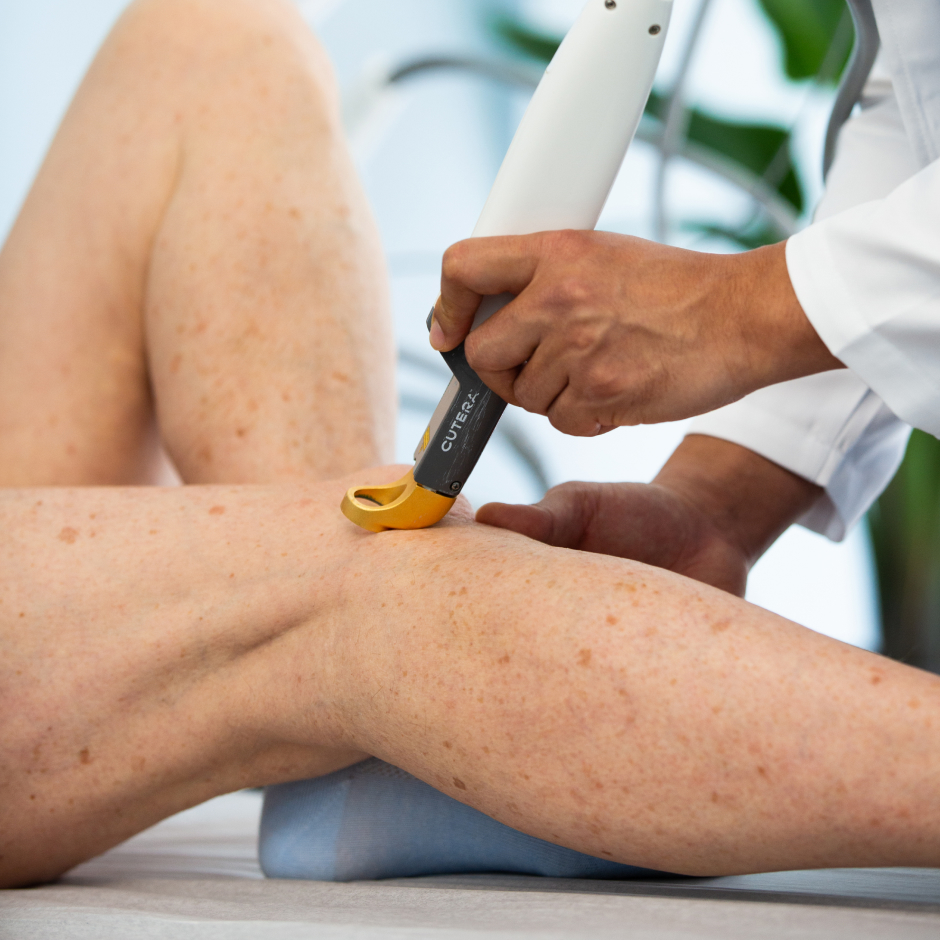

Itching and Tingling Treatments
- State-of-the-Art
- Ultrasound Guided
- Less Than 30 Minutes
- FDA-Approved
- Minimally Invasive
- Minimal Downtime
Let’s talk about you
What are your veins like?
Get a snapshot of your vein health in just a few clicks.



